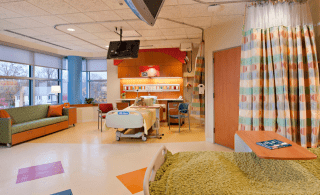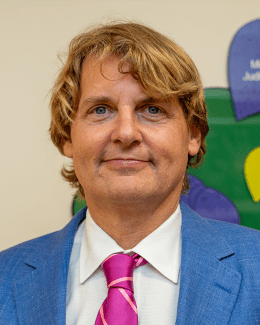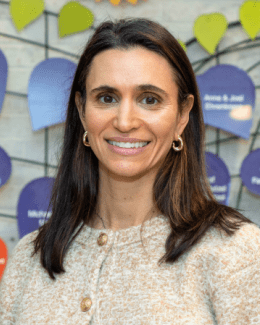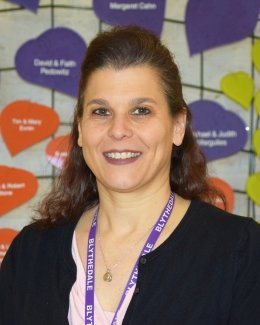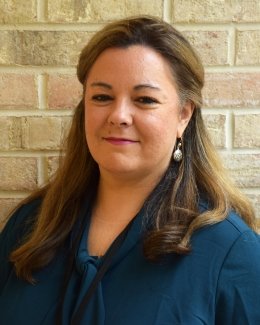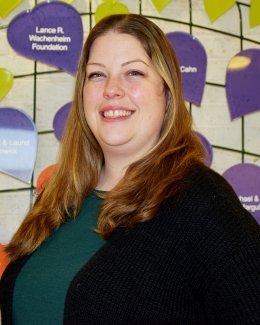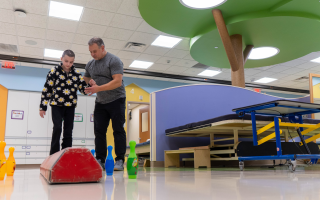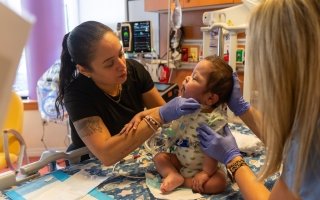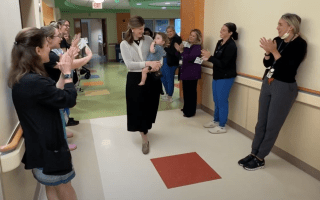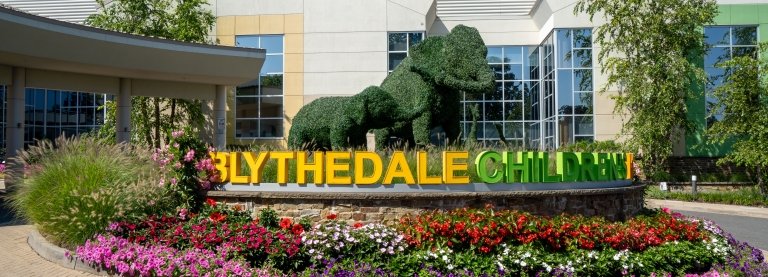Our 56,000 square-foot inpatient Hospital accommodates 94 patients and includes a 46-bed Infant & Toddler and Post Neonatal/Post-Pediatric Intensive Care Unit for medically fragile patients, many of whom require weaning from mechanical ventilation. A 30-bed Pediatric & Adolescent Unit designed to meet the unique needs of older children and teens. The majority of our inpatient rooms are doubles, but are designed such that each child and family has plenty of unique space. We believe strongly in the power of socialization as part of the healing process for both the child and family.
The 18-bed Traumatic Brain Injury Unit is equipped with light-and sound-controlled rooms that this population requires for recovery, as well as dedicated space for occupational, physical and speech therapy right on the Unit that allows for a gradual transition to the larger Hospital environment.
The inpatient Hospital also features limited positive pressure isolation rooms, with adjoining anterooms for increased protection against infection for patients with compromised immune systems. This enables us to get needed rehabilitation services underway quickly while a child continues with treatment.
A microwave and refrigerator are available for patient and family use on each unit.
Dedicated pediatricians and pediatric hospitalists provide 24/7 medical care while the child is in the Hospital, coordinate the services of the other subspecialties, and supervise the discharge planning process. Family and pediatric nurse practitioners are assigned to the Hospital’s units, as well as our highly experienced nursing staff.
